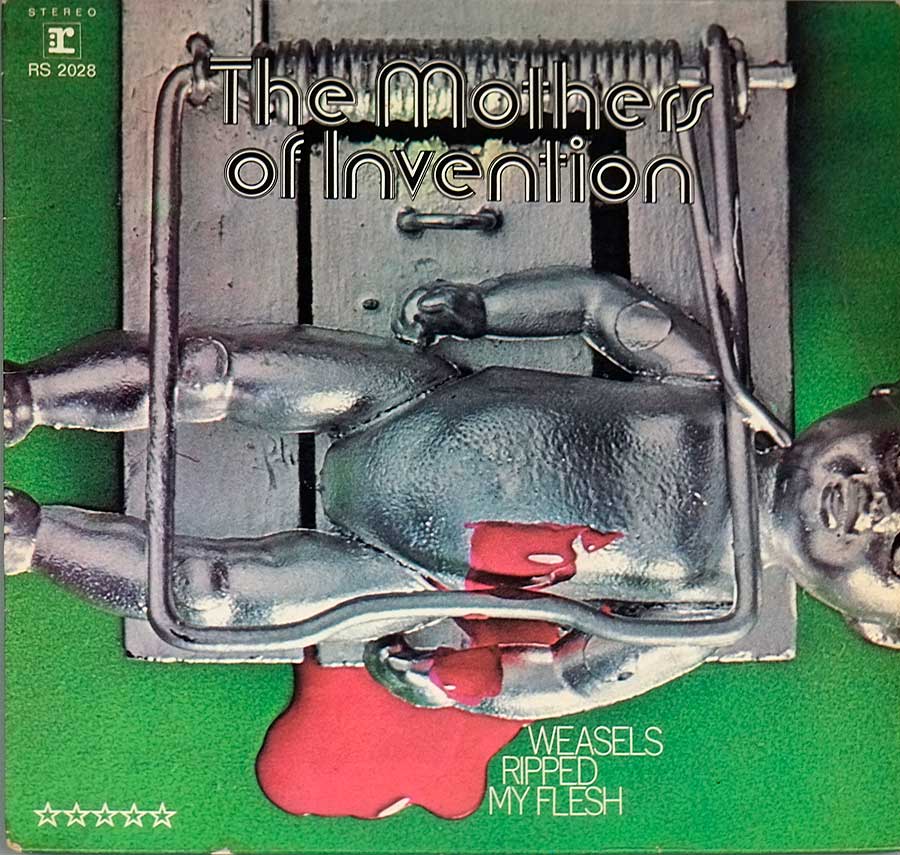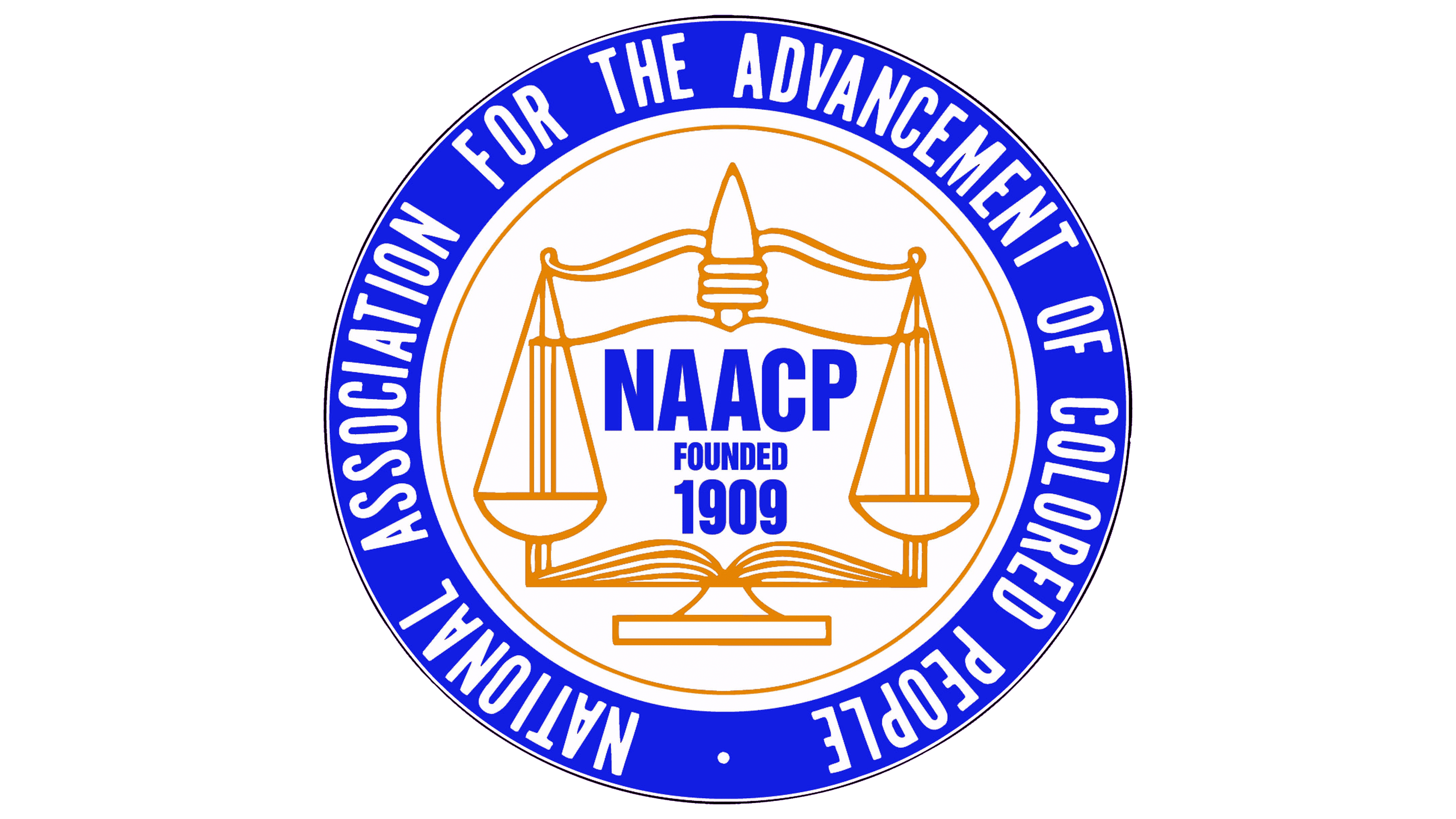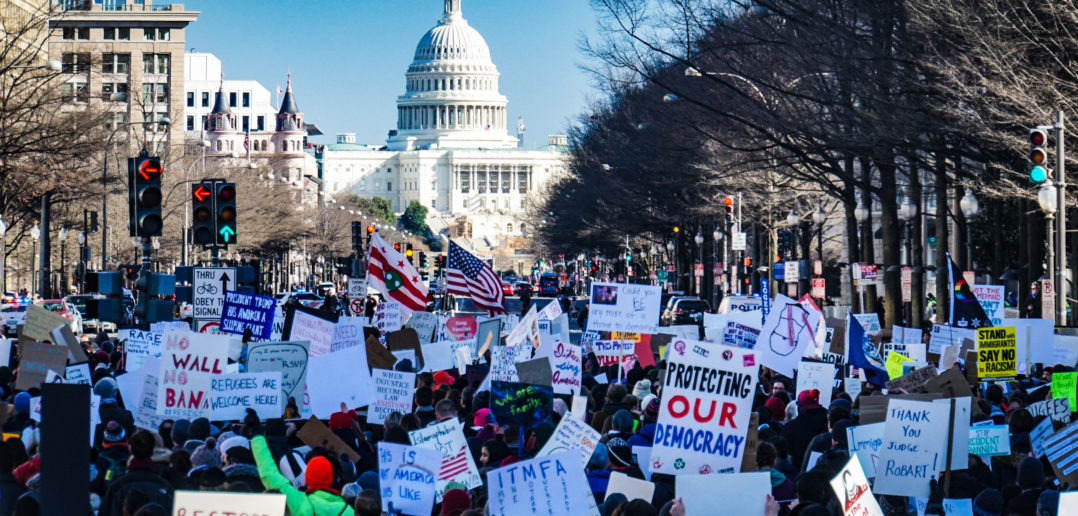
The Cracker Barrel Old Country Store, a distinctive symbol of Southern hospitality, has long cultivated an image rooted in nostalgia, comfort food, and a bygone era. Since its late 1960s inception, initially to boost gasoline sales by a Shell Oil representative, the chain meticulously crafted a simulacrum of an old-fashioned country store, complete with rocking chairs and homestyle cooking. This distinct brand identity has deeply resonated with generations of diners across its over 660 nationwide locations, establishing a beloved corporate franchise that often feels like a local establishment.
However, beneath this veneer of quaint simplicity, Cracker Barrel has frequently found itself embroiled in a series of intense controversies. From highly publicized corporate missteps and allegations of discriminatory practices to serious operational failings impacting safety, the chain’s journey has faced considerable turbulence. These incidents, often magnified by social media and the charged atmosphere of contemporary cultural debates, have repeatedly challenged the company’s long-standing reputation and exposed the complexities of maintaining a cherished brand in a rapidly evolving societal landscape.
This article offers an in-depth, analytical examination of the numerous skirmishes and scandals that have impacted Cracker Barrel. We will trace the origins and ramifications of these events, unraveling the intricate interplay of corporate decisions, societal expectations, and persistent culture wars that have shaped its recent history. Our exploration begins with one of its most recent and widely publicized challenges: the contentious redesign of its iconic logo, a decision that sparked an unexpected cultural firestorm.

1. **The Great Logo Controversy of 2025**The most recent and perhaps most baffling skirmish in Cracker Barrel’s public relations battles erupted in August 2025 with the announcement of a simplified logo. This rebranding effort, which removed the iconic “Uncle Herschel” and his barrel in favor of a minimalist text-only design and a “simple yellow shape that barely resembles a barrel,” swiftly ignited a significant online controversy, becoming “the latest battleground of the culture war.” The company, whose “old timer” man had represented the chain for 48 years since a 1977 rebrand, faced immediate and fierce backlash.
Social media users widely criticized the minimalist trend, lamenting the “sterile, bland logos that have replaced” the more “colorful, mascot-heavy logos of the past.” This sentiment quickly escalated when right-wing accounts and “reactionary culture warriors” labeled the new logo “woke.” High-profile figures, including Congressman Byron Donalds and Donald Trump Jr., publicly decried the change, with Donalds stating, “No one asked for this woke rebrand. It’s time to Make Cracker Barrel Great Again.” President Donald Trump himself joined the chorus, pushing Cracker Barrel to “go back to the old logo, admit a mistake.”
This widespread anger had tangible financial repercussions, causing the company’s stock to plummet, reportedly losing “almost $100 million in market value” on one day and nearly $200 million before a partial rebound. Cracker Barrel CEO Julie Felss Masino initially defended the move on national television, claiming “People like what we’re doing.” However, her remarks were widely dismissed as “delusional” by online critics. The intensity of the backlash prompted an extraordinary corporate reversal within days, with the company announcing the controversial new logo was “going away” and that “Uncle Herschel” would “remain,” stating “we said we would listen, and we have.”
Read more about: Beyond Ebert’s Top 5: A Deep Dive into 13 Legendary Films That Shaped Cinema History

2. **CEO Julie Masino’s Leadership Under Fire**The highly publicized logo controversy cast an intense spotlight on Cracker Barrel’s President and CEO, Julie Felss Masino, making her a direct “target for those outraged over the change.” Her public defense of the minimalist logo, asserting that feedback had been “overwhelmingly positive,” was met with skepticism and accusations of being “delusional” by online critics, further intensifying the “culture wars” and deepening scrutiny of her leadership.
Beyond branding, Masino’s tenure has been marked by substantial employee discontent. Workers on platforms like Glassdoor have accused the CEO of “slashing working hours and reducing food quality.” A Minnesota crew member explicitly posted, “To the CEO Julie Masino, stop cutting our hours. We are making less pay for more work when we are understaffed because you suck at bringing this dead company from its grave.” These complaints indicate a workforce perceiving itself as overburdened and undervalued, suggesting cost-cutting measures impact employee welfare and operational standards.
Employee criticisms extend to product quality, with claims such as “No it is NOT a good idea to force your cooks to serve bacon that is over a day old. Bacon shouldn’t be saved overnight, believe it or not.” Such allegations, if accurate, directly undermine Cracker Barrel’s brand promise and raise concerns about food safety. An Associate Manager lamented, “New leadership is driving the company down,” arguing that Cracker Barrel was losing its distinctiveness.
Adding to these internal challenges, Masino has also confronted external legal scrutiny. America Legal First, a conservative legal organization, has made claims that the company “discriminates based on race and sex in hiring and employment.” While Cracker Barrel maintains an Equal Opportunity Statement, these accusations contribute to a broader narrative of corporate practices under critical examination, illustrating a period of significant turmoil at the company’s highest echelons.

3. **The Kalamazoo Salmonella Saga**Among the most severe operational scandals to profoundly damage Cracker Barrel’s reputation was the persistent salmonella outbreak at its Kalamazoo, Michigan, location, a crisis so grave it led to the restaurant’s permanent closure. Salmonella, a dangerous foodborne bacterium causing severe symptoms like vomiting and diarrhea, posed a direct threat to public health. Investigations were launched in June 2018 by both Kalamazoo County and Michigan health departments following reports of illnesses and health code violations.
Initially, the Kalamazoo Cracker Barrel closed temporarily to address the identified issues, only to reopen shortly after. However, this intervention proved tragically insufficient. Public trust completely collapsed when, just months later in November, the location had to cease operations permanently. This definitive closure was a direct result of investigators finding “significant salmonella contamination” stubbornly persistent within the kitchen, a stark indication that fundamental safety protocols had critically failed, as reported by Fox 17.
The repeated inability to eradicate the hazardous bacteria, despite an initial closure and a brief reopening, underscored a profound breakdown in food safety management and oversight. This saga stands out as one of Cracker Barrel’s worst scandals because it directly jeopardized customer health and ultimately forced the irreversible shutdown of a business unit. It laid bare the absolute necessity of rigorous health and safety standards in the food service industry, leaving a lasting mark on the chain’s operational integrity and highlighting the challenges of maintaining consistent standards across a large franchise.

4. **The Controversial Noose as Decoration**Cracker Barrel’s distinctive ambiance, celebrated for its nostalgic, old-fashioned items, took a deeply troubling turn when a customer reported discovering a noose displayed as decoration. The profound historical and symbolic weight of a noose, universally recognized as an emblem of racial violence, particularly in the American South, immediately transformed this into a “worst faux paus possible,” igniting widespread public outrage and accusations of profound insensitivity.
The incident first gained public traction through a social media post by diner Alfonso Robinson, who shared his distressing experience at a Connecticut Cracker Barrel. His post, emphatically stating, “Someone at Cracker Barrel in East Windsor needs to explain why there are nooses on the ceiling … #notagoodlook,” rapidly went viral, drawing significant condemnation and highlighting a severe lapse in judgment regarding store decor.
In its official statement, Cracker Barrel offered an explanation, clarifying that the item was “an antique soldering iron with an original wrapped cord” and that it “should have been noticed and corrected before ever being displayed.” The company simultaneously sought to reinforce its inclusive values. However, this explanation was met with widespread skepticism; many critics remained unconvinced, perceiving it as an inadequate attempt to downplay a serious lapse. One user’s pointed retort, “Your apology is what’s wrong with America,” captured the pervasive anger. This episode underscored the precarious balance a brand must maintain when using nostalgic imagery, particularly items holding painful historical connotations.

5. **The Deadly Chemical Incident (Eco-San)**In a truly horrifying incident that underscored grave failures in operational safety, a Tennessee man, William Cronnon, was tragically served “deadly chemical instead of water” at a Cracker Barrel restaurant in Marion County in 2014. The unthinkable scenario of reaching for a refreshing drink only to “take a big gulp of industrial cleaner” became Cronnon’s terrifying reality. The chemical, later identified in court as Eco-San, a potent kitchen cleaner, turned a routine meal into a life-altering ordeal, necessitating significant medical expenses and ongoing care.
The profound negligence on Cracker Barrel’s part was unequivocally established during subsequent legal proceedings. The jury, demonstrating remarkable certainty regarding the company’s culpability, rendered their verdict with extraordinary swiftness. Attorney Thomas Greer highlighted that “The jury returned a verdict for compensatory damages of $4.3 million in just 30 minutes,” a timeframe he characterized as “one of the fastest verdicts we have ever seen.” This rapid decision strongly implied that Cracker Barrel’s blame was “obvious to those in the courtroom.”
Further emphasizing the gravity of the company’s conduct, the jury awarded an additional “$5 million after only 10 minutes of additional deliberation” in punitive damages. This substantial award signaled the jury’s intent to severely penalize Cracker Barrel for its egregious oversight and deter similar future incidents. Despite this clear judicial condemnation, Cracker Barrel publicly expressed disagreement, stating, “We are obviously disappointed by and strongly disagree with the jury’s award in this case, which involved an unfortunate and isolated incident that occurred at one of our stores eight years ago.” Serving customers industrial chemicals is arguably “one of the worst things you can do,” representing a fundamental breach of trust and a severe failure in ensuring basic patron safety.

6. **The NAACP Racial Discrimination Lawsuit**Cracker Barrel’s cultivated image of inclusive Southern hospitality was starkly contradicted by a multimillion-dollar class action lawsuit initiated by the NAACP, alleging widespread racial discrimination against its Black customers. The company ultimately “agreed to pay almost $9 million to settle” this significant case, which focused on systematic mistreatment and segregation of Black patrons across numerous restaurants nationwide. The allegations presented a deeply troubling picture of routine, institutionalized bias within the chain’s operations.
According to the lawsuit, Black customers were frequently “seated away from white customers, segregating them,” a practice disturbingly reminiscent of historical segregation that directly conflicted with contemporary civil rights principles. Beyond seating, the suit detailed how Black guests consistently “waited longer to be seated, waited longer for their food, and were not treated with respect by the waitstaff.” The situation reportedly worsened if these customers lodged complaints, indicating a punitive response to those who challenged the discriminatory treatment within various Cracker Barrel locations.
The lawsuit involved “at least 42 plaintiffs” who resorted to legal action only after their repeated attempts to address the poor treatment with management were either ignored or met with complacency. This suggested a pervasive, systemic issue, implying that discriminatory practices were implicitly or explicitly tolerated by those in positions of authority. The magnitude of the settlement and the severe nature of the allegations inflicted a significant blow to Cracker Barrel’s reputation, fundamentally challenging its claim to be a welcoming establishment for all. Despite the profound legal and ethical implications, Cracker Barrel’s CEO expressed an unusual sentiment, stating the company was “very pleased with this settlement.”

7. **Racist Codewords Among Employees (“Canadians”)**The perception of Cracker Barrel’s folksy charm was significantly undermined by unsettling revelations of alleged racist practices from within its own employee ranks, specifically concerning the use of coded language to discuss Black customers. This particular scandal gained widespread public attention through a viral TikTok video posted by a former hostess, exposing a clandestine system of discrimination that covertly permeated the workplace culture, confirming existing suspicions for many and shocking others.
The TikTok user’s caption provocatively stated, “Me, a hostess at Cracker Barrel, wondering how every employee knew a table was full of Canadians even though they didn’t have a telling accent.” She elaborated, “A waitress used to complain SO MUCH if I sat “Canadians” in her section & I was so confused bc I thought Canadians were stereotyped as nice.” This seemingly innocuous anecdote quickly unveiled a thinly veiled racist code. The term “Canadians,” in this context, was allegedly a euphemism adopted by some Cracker Barrel staff to refer to Black guests, enabling employees to express bias and assign preferential treatment without resorting to overtly racially charged language.
The video sparked a wave of corroborating comments from individuals sharing similar experiences within the service industry. One commenter affirmed, “What’s sad is I’ve also heard this used before,” while another remarked, “The service industry is incredibly racist — I’ve been in 5 diff restaurants and saw the same thing at all.” These numerous anecdotal accounts lent significant credibility to the former hostess’s claims, suggesting that such coded discriminatory practices might have been more widespread.
In response, a Cracker Barrel spokesperson issued a statement, declaring, “Obviously, racism has no place at Cracker Barrel, and any actions like the ones described in the video would be against our policies, beliefs, and who we are as a company.” While this official stance aligns with corporate anti-discrimination policies, the alleged existence of such a system, potentially undetected, inflicted considerable “damage” on the brand’s commitment to inclusivity. The “Canadians” controversy highlighted the insidious nature of subtle discrimination and the persistent challenges companies face in rooting out implicit biases among their employees.
Cracker Barrel’s idyllic portrayal of Americana has frequently been overshadowed by profound challenges extending beyond brand identity and initial allegations of discrimination. A deeper examination reveals a troubling pattern of operational failures and ethical lapses that have directly impacted customer safety, accessibility, and the fundamental rights of its workforce. These incidents collectively chip away at the company’s carefully constructed image, exposing the intricate difficulties of maintaining consistent standards and ethical conduct across a vast national franchise.
Our journey through Cracker Barrel’s tumultuous past now ventures into some of its most concerning operational and employment-related battles, shedding light on the human cost of corporate missteps. These are not merely public relations hiccups but systemic issues that have often required legal intervention to rectify, underscoring a persistent tension between corporate profits and deeply held societal values of equity and safety.

8. **Sexual Harassment Issues Plagued Several Locations**The veneer of comfort and family-friendly dining at Cracker Barrel was severely fractured by revelations of systemic sexual harassment. A class action lawsuit culminated in a substantial $2 million fine, specifically addressing egregious racial and sexual harassment issues across three Illinois restaurants. This significant payout, distributed among more than 50 employees, brought to light a toxic workplace environment that had long festered, often with the implicit or explicit complicity of management.
The allegations painted a grim picture of daily life for many workers, detailing pervasive and unwelcome sexual comments and inappropriate touching from male co-workers and even managers. Such an environment not only creates profound discomfort but also establishes a hostile workplace, where the well-being and dignity of employees are consistently undermined. The testimony accumulated during the extensive litigation painted a clear picture of widespread abuse.
Crucially, the lawsuit found that complaints lodged with management about these deeply troubling incidents were routinely not taken seriously. This managerial inaction, or outright complacency, was a key factor in the court finding that the restaurants were in direct violation of federal employment law. When those in authority fail to protect their staff, they become part of the problem, allowing harmful behaviors to persist unchecked.
As part of the settlement, beyond the financial compensation, all remaining staff at the affected locations were mandated to undergo extensive sexual harassment prevention training. This measure, while necessary, underscored the depth of the cultural problem that required such a significant intervention. Ensuring every employee feels safe and respected at work is a non-negotiable standard, and this scandal served as a stark reminder of Cracker Barrel’s failure to uphold it for many.

9. **The Bloody Plate Incident in Kingwood, Texas**A truly stomach-churning incident in a Kingwood, Texas, Cracker Barrel location brought critical food safety protocols into horrifying question. Customer Susan Mosher recounted a grotesque discovery during her meal, finding her plate adorned with bloody fingerprints. The sight of what appeared to be human blood on her fries, indicating direct contact from an injured hand, transformed a routine dining experience into a deeply unsettling health concern.
The probable cause of this alarming lapse was a cook who, despite injuring himself, was evidently unable to step away from his duties to receive proper care. This situation points to a critical failure in immediate kitchen management and employee welfare, where an injured staff member was either compelled or allowed to continue food preparation, thereby compromising the safety and hygiene of customer meals. Such an oversight represents a severe breach of trust.
Cracker Barrel’s response to this disturbing event was met with considerable criticism. Mosher was offered two $50 gift cards and a reimbursement for a blood test, a gesture many found inadequate given the gravity of the situation. Adding to the public’s concern, the Harris County Health Department reportedly issued only a warning to the restaurant, without any further stringent action, suggesting a lack of proportionate accountability for such a significant health risk.
This incident underscored the absolute necessity of rigorous health and safety standards within the food service industry. Beyond the immediate shock, it raised broader questions about the consistency of Cracker Barrel’s operational oversight and its ability to safeguard the fundamental well-being of its patrons. It served as a stark reminder that lapses in the kitchen can have profoundly unsettling and potentially dangerous consequences for customers.

10. **Major ADA Violation Lawsuit and Inaccessible Ramps**Cracker Barrel, a brand that prides itself on welcoming all, faced a significant legal challenge in 2014 when a singular customer complaint ballooned into a class action lawsuit over violations of the Americans with Disabilities Act (ADA). Sarah Heinzl’s initial observation that the ramps at her local store were too steep for individuals with disabilities unveiled a widespread, systemic problem across the company’s vast network of restaurants.
The subsequent discovery process revealed a shocking breadth of non-compliance: at least 107 Cracker Barrel restaurants were found to have entrance ramps that failed to meet ADA standards. This meant that a substantial portion of the population, specifically those relying on mobility aids, found these public establishments inaccessible. Such a failure directly contravenes federal law designed to ensure equal access and participation for everyone.
The class action lawsuit concluded with a settlement mandating that these 107 non-compliant locations rectify their facilities within 30 months, ensuring full usability for people with disabilities. Furthermore, Sarah Heinzl, whose initial complaint sparked the broader investigation, was awarded $7,500, and Cracker Barrel was saddled with an additional $830,000 bill to cover the court’s costs. This financial penalty highlighted the significant expense of overlooking fundamental accessibility from the outset.
The scandal underscored a troubling lack of attention to inclusive design and regulatory compliance across the chain’s extensive operations. It raised questions about why such a basic aspect of public accommodation was so widely neglected, compelling Cracker Barrel to invest substantial resources in rectifying years of oversight. This incident serves as a crucial reminder of the legal and ethical imperative for all public-facing businesses to ensure their premises are truly welcoming and accessible to every member of the community.

11. **The Firing of Joe Klobenzer Over a Muffin**Among Cracker Barrel’s most bewildering and arguably unjustifiable controversies was the termination of Joe Klobenzer, a 73-year-old military veteran and a host at its Venice, Florida, location. His alleged offense? Giving a single muffin to a man who appeared to be hungry. This incident, devoid of any secret catch or prior history of severe misconduct, quickly became a symbol of corporate rigidity and a perceived lack of empathy, drawing widespread public disbelief and criticism.
Klobenzer, who had served as a host for three years with a clean record, recounted his simple act of kindness. A man, described as looking “rough,” entered the store and requested a few condiments. In a compassionate gesture, Klobenzer placed a muffin into the bag for him. This seemingly innocuous act of generosity, intended to provide a little sustenance, swiftly led to his dismissal, a decision that appeared disproportionate to the alleged infraction.
Cracker Barrel’s official statement on the matter painted a different picture, claiming that Mr. Klobenzer had violated company policies regarding consuming food without paying or giving away free food on “five separate occasions.” The company asserted that he had received “multiple counselings and written warnings” prior to his termination. This corporate narrative attempted to frame the firing as a consequence of repeated policy breaches rather than a singular act of kindness.
However, Klobenzer vehemently contested this characterization, asserting that these previous instances were “misconstrued” and that he had, in fact, paid for more food than the company believed. This dispute highlighted a significant disconnect between corporate policy enforcement and employee perception, leaving many to question the human resource practices at Cracker Barrel. The incident ultimately cast a negative light on the company, suggesting a punitive culture that prioritized strict rules over discretion and compassion.

12. **Black Veteran Randy Freeman Kicked Out by a Manager**In 2015, Randy Freeman, an Air Force veteran working as a motorcoach driver, experienced a deeply distressing incident at a Cracker Barrel in Cross Lanes, West Virginia, when he was abruptly ejected from the restaurant by a manager. Freeman, who was on a break with his passengers, described ordering a drink and then attempting to place a dinner order, only to be confronted with a demand to leave instead of his meal.
The manager’s basis for the ejection was an allegation that Freeman had cursed at the waitress and behaved aggressively. However, Freeman vehemently denied these claims, stating he was “taken completely by surprise” by the false accusations. He recounted feeling embarrassed and concerned about the potential consequences of resisting, particularly given his responsibility to his motorcoach passengers, who would have been stranded if he had been arrested. He left without raising his voice or resisting the commands.
Freeman, a regular patron of Cracker Barrel locations along his routes, noted that this was his first experience of being ejected and firmly believed it was a “race-based incident.” This accusation resonated with wider concerns about racial profiling within the service industry and, specifically, within Cracker Barrel, especially in light of the earlier NAACP lawsuit concerning the treatment of Black customers. Such an experience fundamentally undermined the chain’s image of inclusive Southern hospitality.
Despite Freeman’s conviction and his subsequent legal action against Cracker Barrel, he ultimately lost the case. While the legal outcome did not find in his favor, the incident itself remains a stark example of the type of encounter that fuels public skepticism regarding a company’s commitment to equitable treatment. It contributed to an ongoing narrative of racial bias allegations that have consistently challenged Cracker Barrel’s public image and ethical standing.

13. **Withholding Employee Tips During COVID-19**A profoundly troubling class action lawsuit, titled “Gillespie et al. v. Cracker Barrel Old Country Store, Inc.,” illuminated alleged ethical lapses in Cracker Barrel’s treatment of its employees during the tumultuous period of the COVID-19 pandemic. The lawsuit accused the company of withholding tips from its servers and exploiting the challenging circumstances to its own advantage, prompting a significant challenge to its labor practices and commitment to employee fairness.
At the heart of the lawsuit was the allegation that Cracker Barrel compensated many of its workers at the lower federal “tipped” wage of $2.13 an hour, despite these employees spending the majority of their time on non-tipped duties. Tasks such as bussing tables, rolling silverware, and cleaning food preparation areas, which traditionally should be compensated at the federal minimum wage, were being performed by staff receiving a significantly reduced hourly rate.
This practice meant that servers were undertaking essential but non-customer-facing work without the opportunity to earn tips, thereby denying them a crucial component of their expected income. The suit explicitly alleged that Cracker Barrel was “essentially taking advantage of the COVID-19 pandemic to make its servers work more for less money.” This accusation resonated deeply, given the widespread economic insecurity faced by many workers during that period.
Furthermore, the lawsuit included allegations that Cracker Barrel mishandled notices concerning credit card tips, adding another layer of financial ambiguity and potential exploitation. This ongoing legal battle underscored the ethical imperative for companies to ensure fair compensation and transparency in labor practices, particularly for vulnerable service industry workers who rely heavily on tips for their livelihoods, even more so during a global crisis.

14. **The Company Allegedly Fired Workers Based on Their Age**The Age Discrimination in Employment Act of 1967 provides critical protections for workers over 40, safeguarding them from discriminatory practices based solely on their age. Yet, Cracker Barrel found itself embroiled in a 2017 lawsuit alleging precisely such a violation. Belinda Jones, a Mississippi woman, claimed she was unjustly fired in 2016 after more than two decades of dedicated service, having joined the company in 1995.
Jones asserted that despite consistently going “above and beyond” her duties and meeting all required sales goals, she was terminated to make way for a younger manager. This allegation suggested a strategic effort to replace older, potentially higher-salaried employees with newer, younger staff, raising serious questions about the company’s adherence to anti-discrimination laws and its valuing of long-term experience within its workforce.
Adding a poignant layer to her claims, Jones also alleged that her age, combined with the costs associated with her husband’s ongoing cancer treatment to the company’s insurance, played a role in her dismissal. This suggests a deeply troubling intersection of age and health-related discrimination, where an employee’s loyalty and performance were allegedly secondary to corporate cost-saving measures, regardless of ethical considerations.
Cracker Barrel’s lawyers countered these claims, insisting that Jones’s firing was instead related to the misuse of her company discount by friends and family. While the federal judge ultimately granted Jones only a fraction of her requested monetary compensation and the lawsuit was terminated in 2019, the incident left an indelible mark on Cracker Barrel’s reputation. It highlighted the persistent challenges in proving age discrimination and reinforced perceptions of a company willing to dismiss loyal, long-term employees.
Read more about: Donald J. Trump: A Comprehensive Profile of the 45th and 47th U.S. President, Businessman, and Media Personality

15. **The Restaurant Chain Really Did Fire Brad’s Wife**In 2017, a seemingly innocuous social media post by an Indiana man named Bradley Reid Byrd rapidly escalated into an international internet phenomenon, fiercely challenging Cracker Barrel’s employment practices. Byrd’s furious Facebook post, accusing the company of firing his wife of 11 years for no discernible reason, ignited a digital firestorm that encapsulated public frustration with corporate perceived injustices.
Byrd’s raw, indignant language – “To say I’m pissed off would be an understatement. After 11 years, those lowlifes at Cracker Barrel let my wife go. I would really like to know why and those of you who know me these days, know that I WILL find out” – resonated widely. The lack of detailed, verifiable information about the wife’s termination, rather than dampening the fervor, ironically fueled the collective online outrage, transforming it into a rallying cry for “Brad’s wife.”
The cause gained extraordinary momentum, attracting more than 26,000 signatories to a Change.org petition demanding “justice” for her. Hashtags like “#trollingforacause” and “#countryfriedjustice” emerged, blending genuine indignation with a touch of internet-era satire, creating a unique cultural moment. This groundswell of support demonstrated the power of collective online action in holding corporations accountable, even for individual employment disputes.
Despite the widespread public outcry and the viral nature of the story, specific details regarding Brad’s wife’s employment situation and any subsequent resolution have remained largely elusive. Bradley Reid Byrd continues to post on social media, but no definitive word on her justice has emerged. The “Brad’s wife” saga, while perhaps humorous in its virality, stands as a powerful symbol of public dissatisfaction with opaque corporate employment decisions and the enduring quest for fairness in the workplace.
The numerous episodes chronicled here, from allegations of racial and sexual discrimination to profound lapses in customer safety and accessibility, paint a complex and often troubling picture of Cracker Barrel. These incidents reveal a company struggling to reconcile its cherished, folksy brand image with the demanding realities of corporate responsibility, legal compliance, and ethical stewardship in a rapidly evolving societal landscape. They serve as potent reminders that beneath the comforting veneer of nostalgia, even the most beloved institutions face continuous scrutiny, their integrity constantly tested by operational realities and the enduring expectation of fairness from both patrons and employees alike. The path forward for Cracker Barrel, as for any large corporation, is paved with the necessity of consistent vigilance, genuine commitment to ethical practices, and an unwavering dedication to the well-being of every individual who walks through its doors or works within its establishments.



